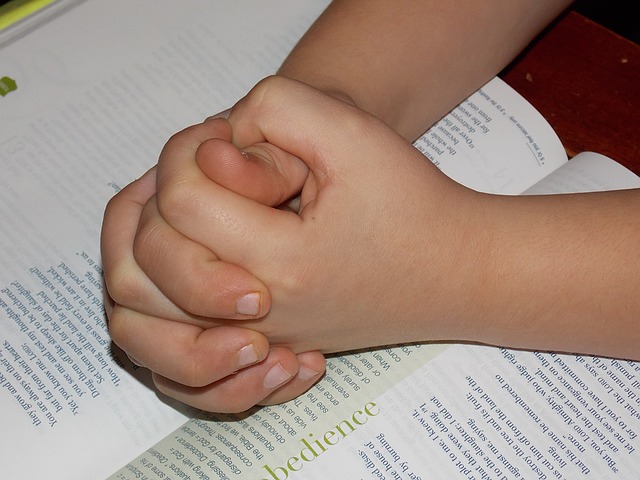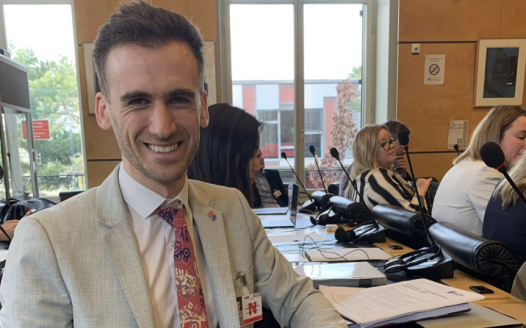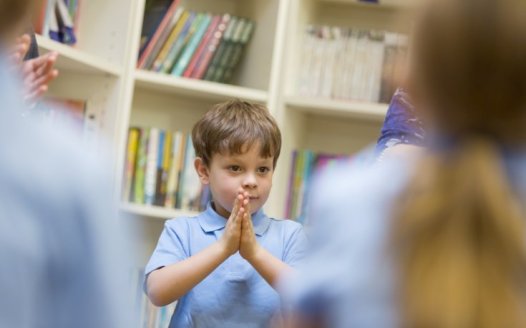NSS: Scottish worship law needs reform to protect children’s rights
Posted: Wed, 5th Sep 2018
The National Secular Society has called on the Scottish government to end compulsory religious observance in schools after it said it would enshrine a declaration on children's rights into law.
This week the Scottish government outlined its policy priorities for the coming year in its latest programme for government. The programme included a commitment to "incorporate the principles of the UN Convention on the Rights of the Child into domestic law".
Article 14 of the convention (UNCRC) says parties "shall respect the right of the child to freedom of thought, conscience and religion".
Religious observance (RO) is currently compulsory in Scotland's schools. Parents may opt their children out of RO but children may not opt out themselves.
The NSS has previously highlighted the UNCRC's incompatibility with the current law in Scotland. Last year the society wrote to John Swinney, the cabinet secretary for education and skills, on the subject. It urged reform of the law on RO in light of comments from the UN Committee for the Rights of the Child.
The committee had called on governments across the UK to repeal legal provisions for compulsory attendance at collective worship in publicly funded schools. It also called on them to ensure children could independently exercise the right to withdraw from it.
The Scottish government's new programme for government makes no explicit mention of religious observance. Last year the Scottish government said it wanted to raise awareness of the parental right to opt out when it held a consultation on future of RO guidance.
NSS chief executive Stephen Evans said the move on the UNCRC should be "a first step towards the end of compulsory religious observance in Scotland's schools".
"Scotland's law on religious observance is an impediment to the rights of young people. Children should not be compelled to worship in school, either by legal means or through the pressure to conform.
"The best way to safeguard children's freedom to develop their own religious orientation is to take religious observance out of schools altogether while allowing parents to guide their children on religion in line with the law if they wish."
In December 2016 a poll for The Times found that a majority of Scots favoured reforming the law on religious observance. Thirty-eight per cent of Scots said there should be no place for religious observance in Scottish schools, while 17% said it should continue as long as children could take themselves out of worship without parental consent.
The programme for government also outlined plans for a female genital mutilation bill to "strengthen the protection of women and girls". The bill will propose protection orders for those at risk. The government also says it will "consult with communities to understand what further protections may be helpful".
Mr Evans said stronger protections would be "welcome" while warning against "showing excessive deference to so-called community leaders" in the drafting of the bill.
"Politicians' priority should be to take measures which effectively prevent and deter FGM. They must be prepared to reject the advice of 'communities' if it gets in the way of that."
While you're here
Our news and opinion content is an important part of our campaigns work. Many articles involve a lot of research by our campaigns team. If you value this output, please consider supporting us today.








